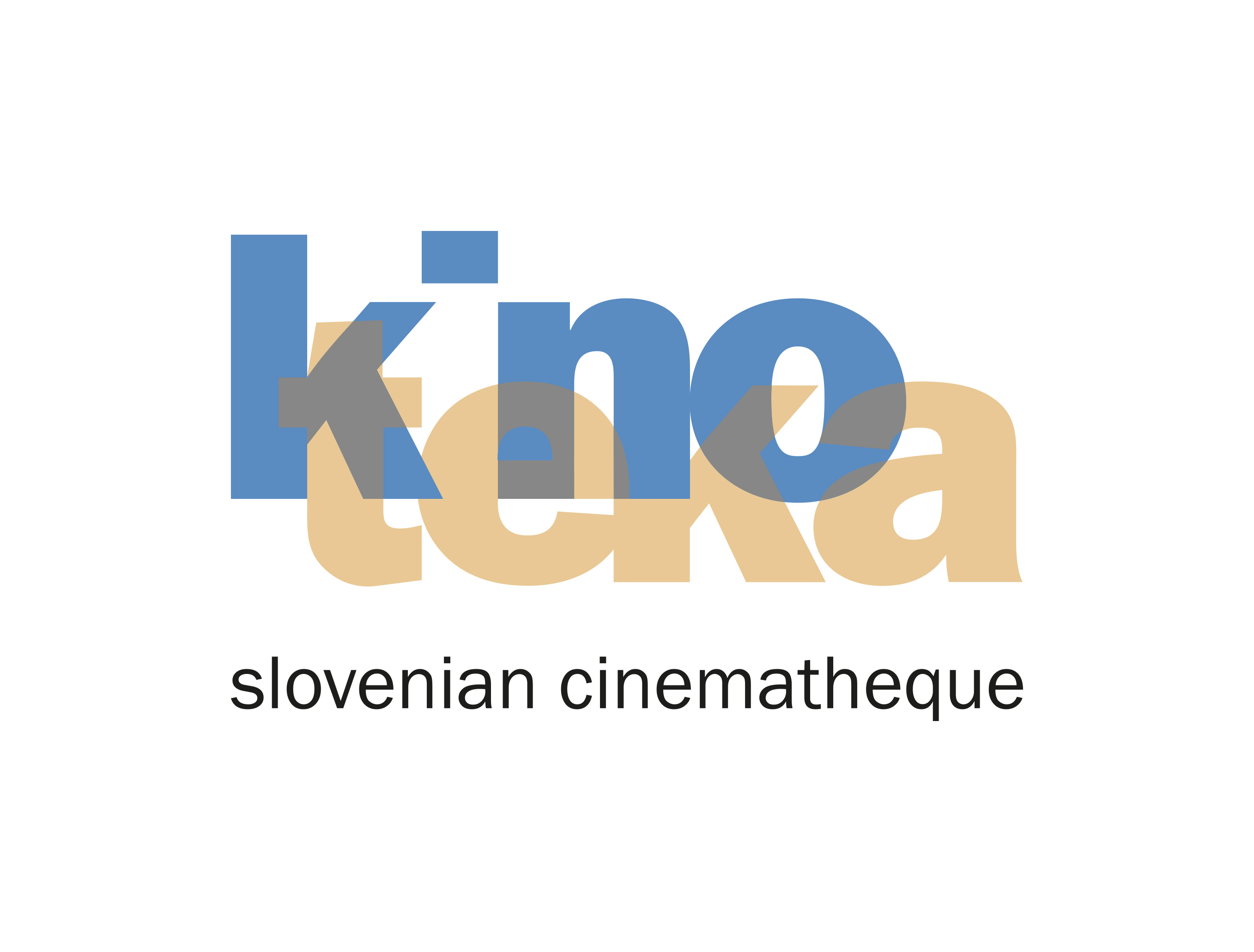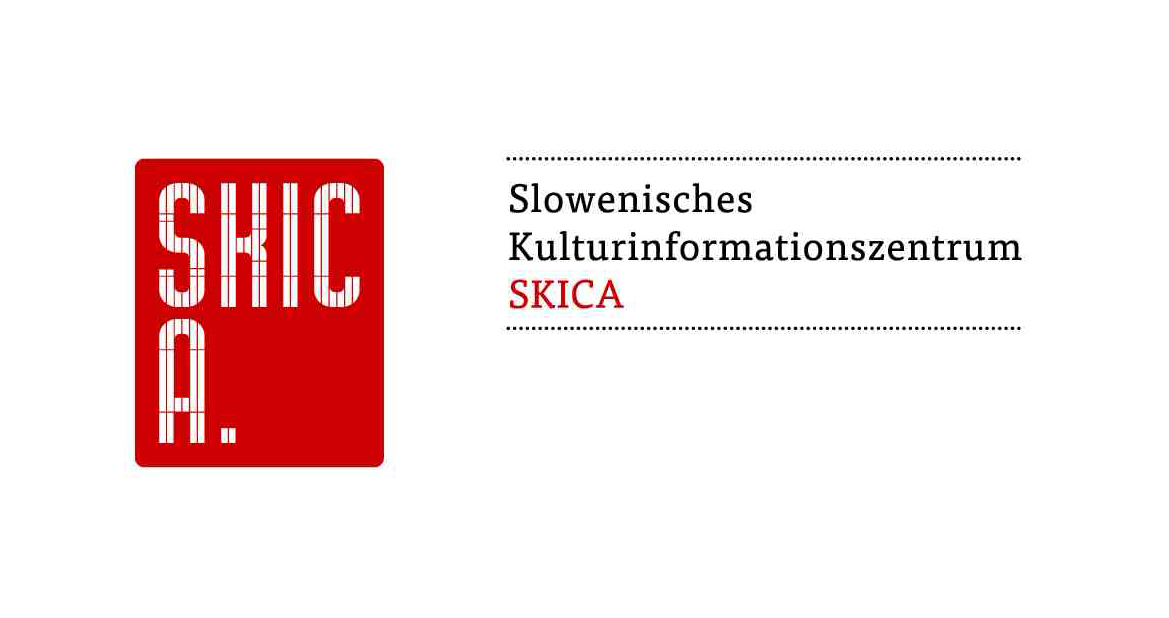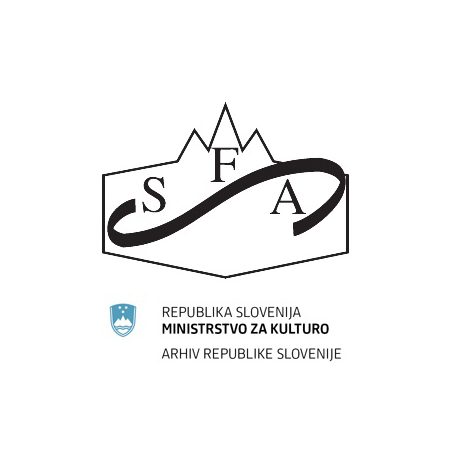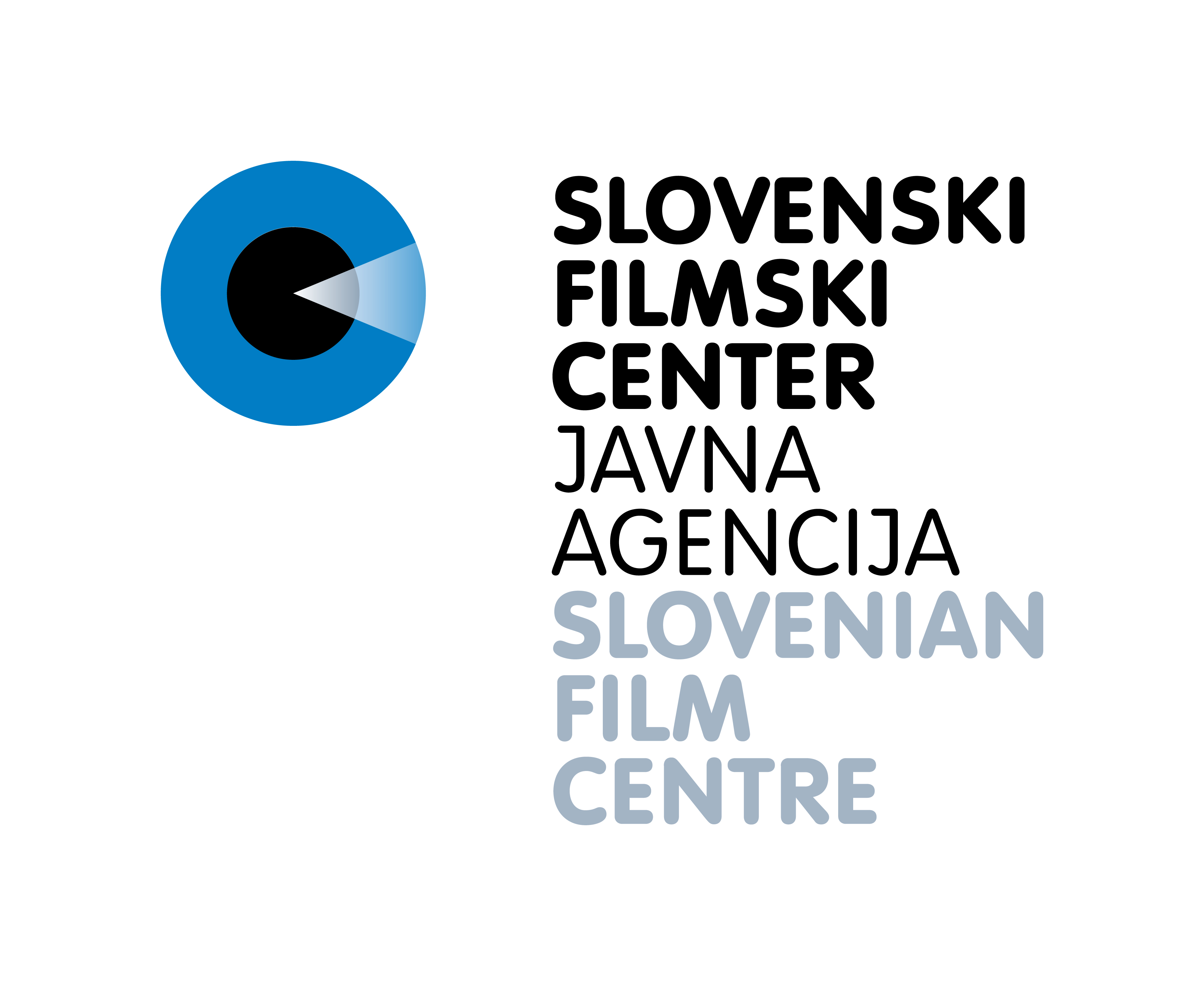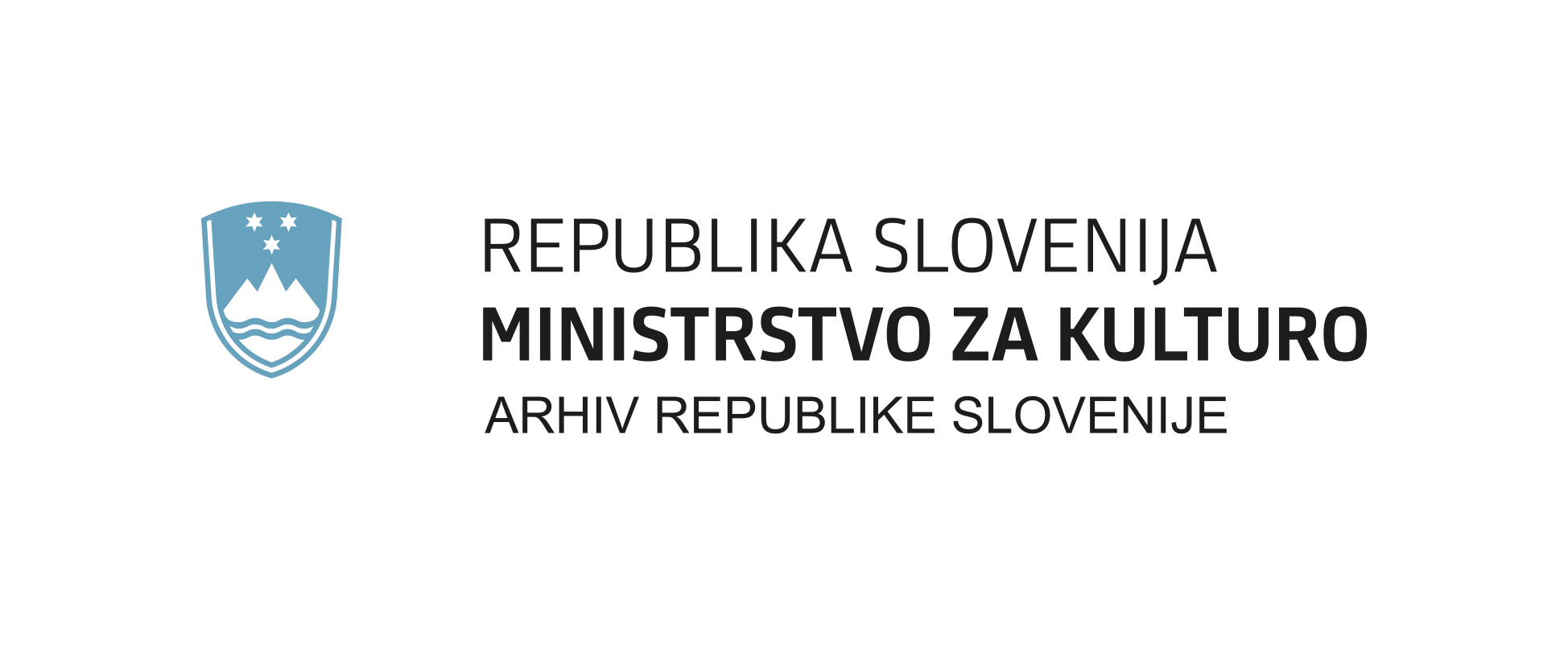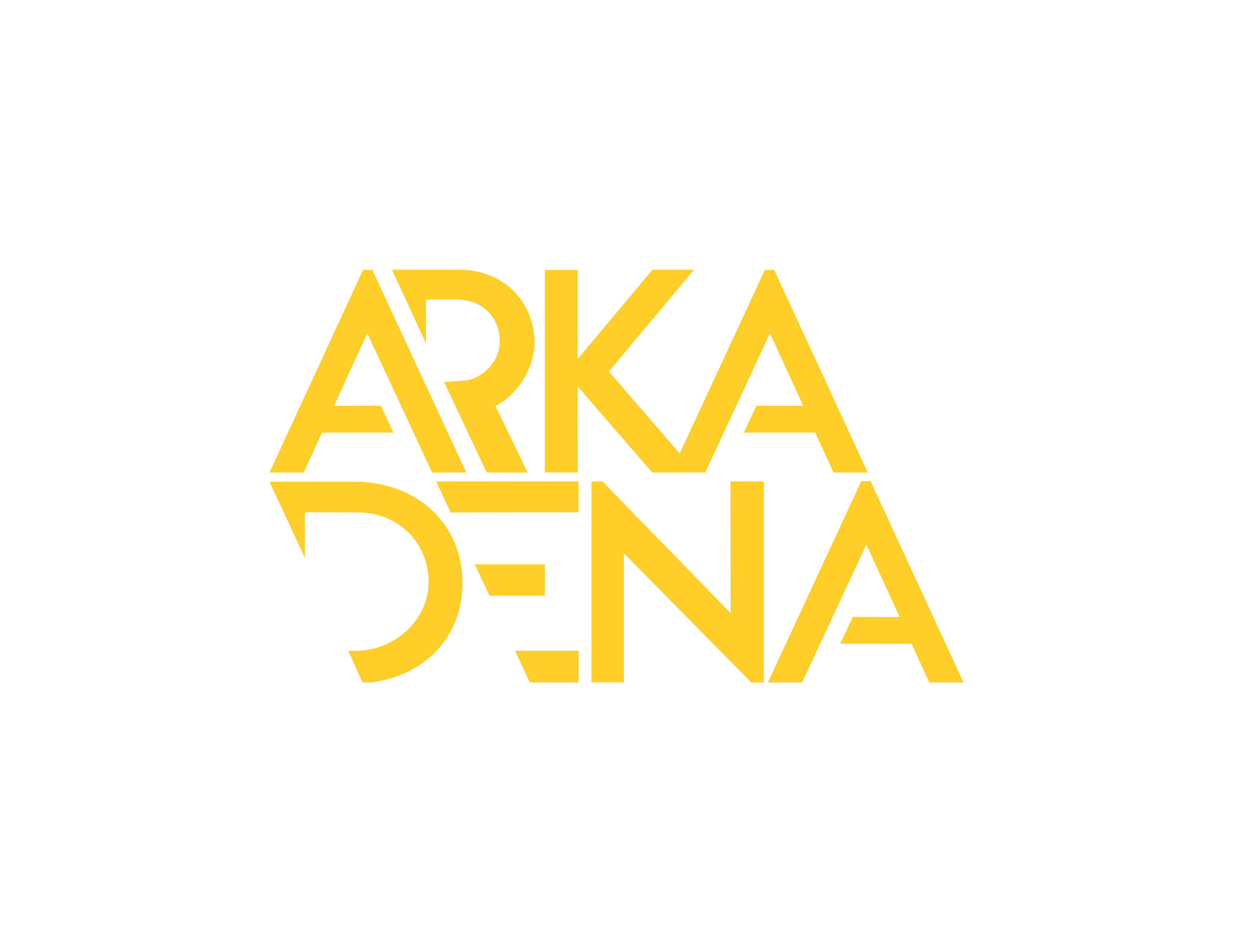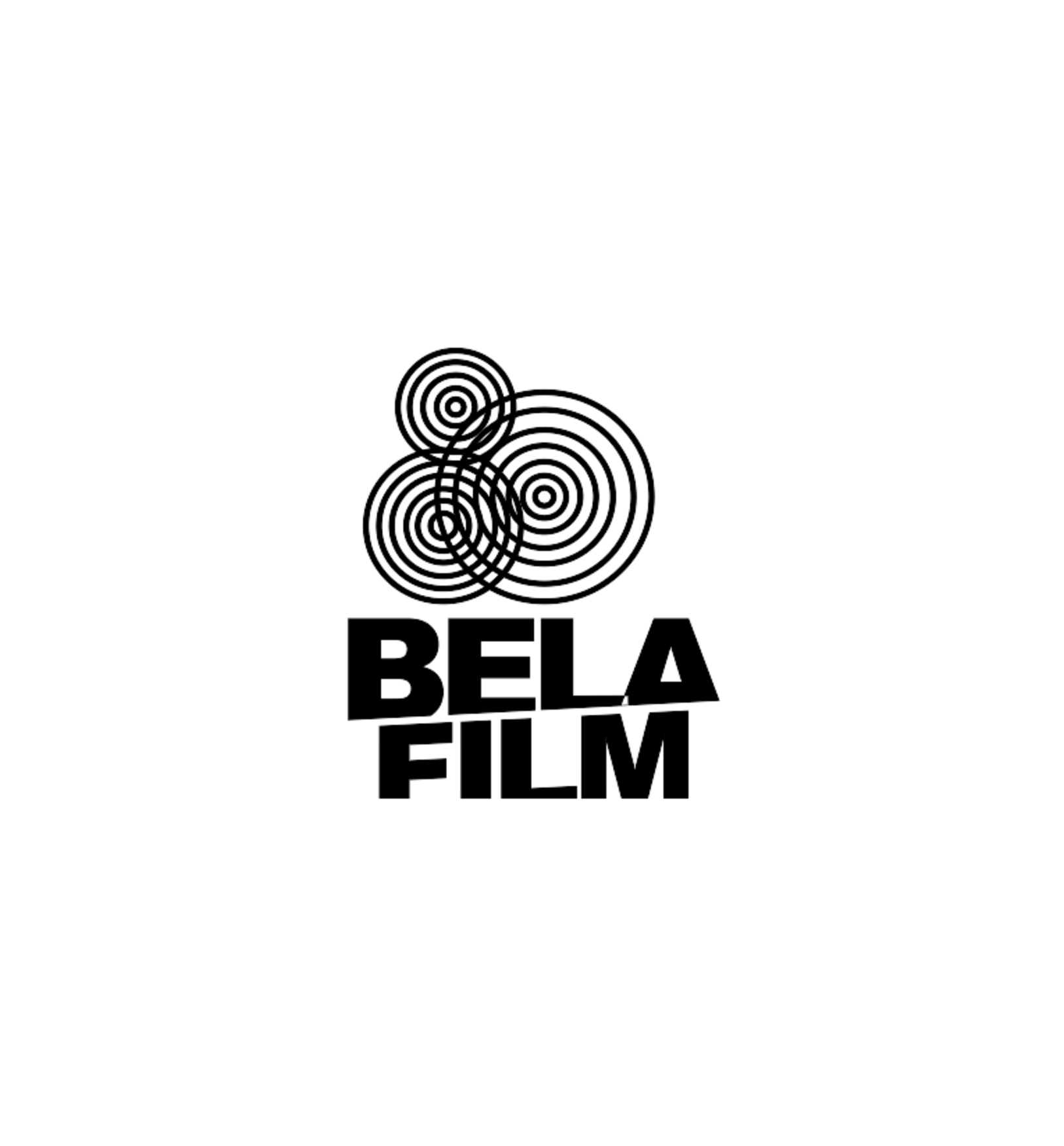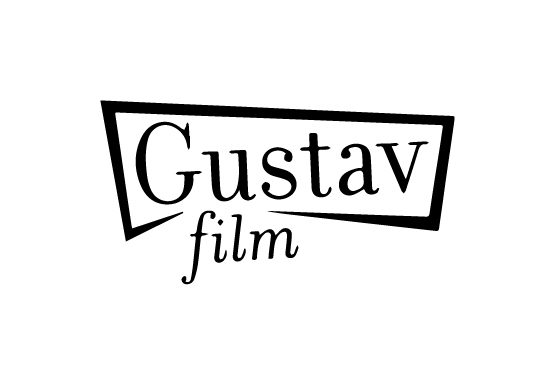Retrospective
SLO: Motion
Slowenisches Kino bewegt
14.3.–8.4.2023
Bühnengespräch mit Igor Prassel, Varja Močnik, Karpo Godina, Špela Čadež und Lea Vučko
(in englischer Sprache, Eintritt frei)
Eine kontinuierliche Filmproduktion etablierte sich in Slowenien vergleichsweise spät. Der erste Tonfilm entstand erst nach dem Zweiten Weltkrieg – in einer Zeit, in der sich Filmteams und das technische Fundament nahezu aus einem Vakuum herauszubilden begannen. Die Crews erlangten ihre Kenntnisse »on the Job« beim Drehen, mitunter auch bei der Arbeit in erfahreneren Kinos oder durch Lektüre (von Übersetzungen!). Sie importierten das Equipment (manchmal auf nicht ganz legalem Weg), stellten die Geräte aber oft auch selbst her. Das jugoslawische Kino war dezentralisiert, als es an den Aufbau der Kinos ging, waren die jeweiligen Republiken sich selbst überlassen und auf ihre eigenen Mittel angewiesen. Allerdings führten die kollektiven, individuellen und kreativen Erfordernisse zu einem ständigen Austausch der Filmarbeiter – Regisseure, Kameraleute, Komponisten, Schauspieler, Bühnen- und Maskenbildner waren buchstäblich »im Flow«.
Blickt man auf die Auswahl der Retrospektive und generell auf die slowenische Filmlandschaft, so finden sich vielleicht zunächst nur wenige Gemeinsamkeiten. Doch bei näherer Betrachtung wird eine beharrliche Auseinandersetzung mit dem Verhältnis zwischen dem Einzelnen und der (eindeutig slowenischen) Gesellschaft erkennbar, eine »unzensierte« Sicht auf soziopolitische Gegebenheiten und die konsequente Analyse von Lebenswirklichkeiten, in denen sich die Menschen befinden. Dabei sehen sich die betont individualistischen Protagonisten oft mit ethischen Fragen und Dilemmas konfrontiert und stehen in Konflikt oder zumindest Imbalance mit den gesellschaftlichen Normen. Die Arbeiten verbinden und charakterisieren schließlich ihre ganz eigenen formalen Zugänge und die spezifische Handschrift der Filmemacher.
Das slowenische Filmschaffen weist in seiner Geschichte keine definierten stilistischen Perioden oder »Wellen« auf, und doch umfasst es zahlreiche wichtige, vielfältige Werke, die prinzipiell nicht den kulturpolitischen Tendenzen folgen, vielmehr ihrem eigenen Blick, ihrer eigenen Sprache. Darüber hinaus unterlag es nie einer durchdachten, nachhaltigen Kulturpolitik und war insofern auch nie einer offiziellen Politik gegenüber gänzlich unterwürfig. Die mangelnde staatliche Unterstützung drängt umgekehrt die Filmemacher in einen ständigen Kampf – um das kreative, aber auch schlicht existenzielle Überleben.
Englischer Originaltext:
Slovenia is a small country and Slovenian cinema is relatively scarce. Relatively, for even though there are few films, numerous world-class masterpieces and curiosities shine among them. In Slovenia (which, at the time, was one of the six republics of the socialist federation of Yugoslavia), a continuous film production came about relatively late. The first sound feature film was made only after World War Two, which was also the time when film crews and the technological base began to be built out of (little short of) a film vacuum. The crews learned their skills on the job while shooting the first films, sometimes also while working in more experienced cinemas and reading (the translations! of) books on film language. They imported the equipment (sometimes not entirely legally), but often also manufactured the devices themselves. Yugoslav cinema was decentralised, so when it came to building their individual cinemas, the republics were »left to their own devices«, but, due to the collective, individual or creative needs, there was a constant flow of film workers – directors, DOPs, composers, actors, set designers, make-up artists and so on – between them.
If we take a look at the selection of the Retrospective of Slovenian Cinema and beyond, at the Slovenian film landscape in general, we can find only rare common denominators of its films and auteur poetics. And, yet, if we consider the more notable films, we can discern a persistent exploration of the relationship between an individual and the (distinctly Slovenian) society, an »uncensored« view of Slovenian socio-political circumstances and the consequent analysis of intimate situations in which individuals find themselves. In this, the markedly individualistic protagonists often face ethical questions and dilemmas and are in conflict or at least an imbalance with social norms. The films also share and are distinguished by quite unique formal approaches and the filmmakers’ particular poetics.
The history of Slovenian filmmaking does not offer rounded stylistic periods or any sorts of »waves« and yet it includes numerous important and discussed auteur oeuvres, which are distinctly diverse and, as a rule, do not follow the tendencies of cultural policies, but are loyal only to their own, auteur view and exploration of film language. Besides, Slovenian cinema has never been subject to a thought-out or sustainable cultural politics and has therefore never been entirely subservient to official politics. The insufficient (financial, conceptual) government support thus pushes Slovenian filmmakers into a constant fight – for creative, but also just basic survival. (Varja Močnik)
